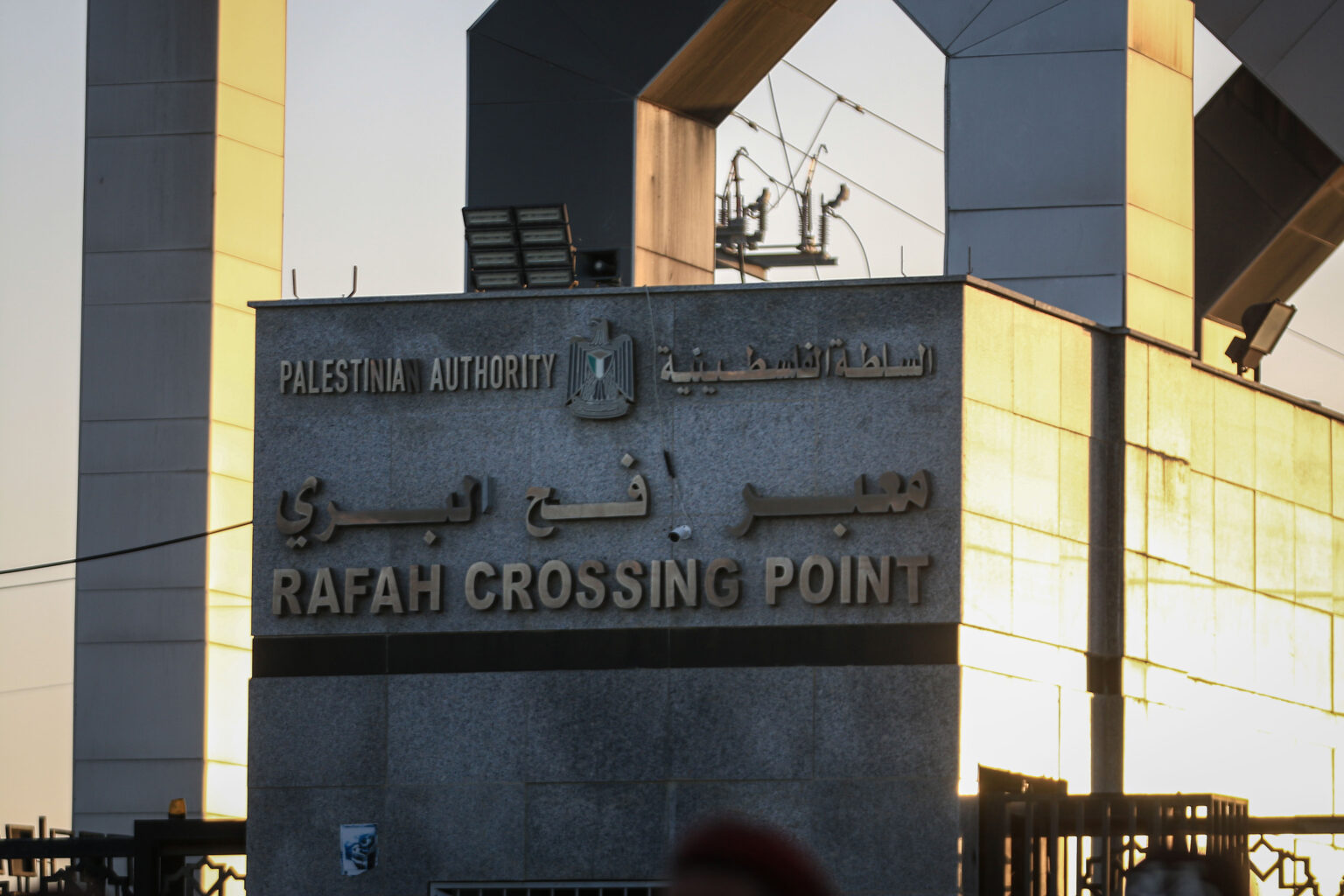Israel-Egypt Peace Turns 45: Reflections and Repercussions Amid Gaza Tensions
By Jacky Hugi
On March 26, 2024, the world commemorated the 45th anniversary of the landmark peace agreement between Israel and Egypt. This historic pact, inked on the White House lawn in 1979, remains a dually seminal achievement: a striking display of Egyptian President Anwar el-Sadat’s visionary leadership and a keystone in Israeli Prime Minister Menachem Begin’s legacy. Despite not originating from Israeli corridors of power but shaped under the duress of the Yom Kippur War’s aftermath, this accord is heralded as the zenith of Israel’s diplomatic triumphs. The enduring stability of this bilateral relationship, however, now stands threatened by escalating conflicts and geopolitical shifts.
Current Strains on The Israel-Egypt Relationship: The Gaza War’s Reverberations
In recent months, tensions have resurged, casting a shadow over the diplomatic rapport between these two historic neighbors. Israel’s ongoing military operations in the Gaza Strip pose significant risks to Egypt, with officials in Cairo flagging three pivotal threats: refugee influxes, internal unrest, and dwindling state revenue.
The incursion of Israeli forces into northern Gaza has precipitated a humanitarian crisis, displacing nearly one million Palestinians. Raffah, a southern city, now swells with refugees, including militants evading Israeli forces. The international community, led by the United States, has urged Israeli Prime Minister Benjamin Netanyahu to exercise restraint to prevent a humanitarian catastrophe in the densely populated Rafah. Yet, the Israeli government remains publicly resolute in its intent to eliminate Hamas’s militant infrastructure, even in the face of potential international backlash.
Egypt’s trepidation escalates as it confronts the potential for a massive refugee exodus into the Sinai Peninsula, exacerbating already strained resources and increasing the spectrum of security threats. Additionally, an Israeli invasion leading to significant civilian casualties could ignite domestic upheaval against President Abdel-Fattah el-Sisi, destabilizing a nation grappling with economic hardships and soaring inflation.
The economic toll of the Gaza conflict is palpable. Houthi attacks on Israeli-affiliated maritime assets have disrupted Suez Canal traffic, slashing canal revenues by up to 50% since January 2024, compared to the previous fiscal year’s record-breaking $9.4 billion.
Navigating the Post-War Landscape: Potential Historical Parallels
The diplomatic frost between Israel and Egypt echoes sentiments from as early as the May 2021 Gaza crisis. Cairo’s perception of Israeli indifference to its strategic concerns, compounded by internal Israeli political instability, has led to fraught communications yielding negligible progress on critical security matters. Egypt fears a burgeoning quagmire in Gaza post-conflict, with the potential for enduring guerrilla warfare or a takeover by more radical factions.
Although the international community recognizes the Palestinian Authority (PA) as the legitimate governing body of Gaza, Netanyahu’s administration has weakened the PA, favoring a divided Palestine. Egypt, conversely, has repeatedly attempted to foster Palestinian unity.
Israel’s contemporary strategy appears to resurrect the failed "Village Leagues" initiative from the 1970s, aiming to build governance in Gaza through local dignitaries, a plan met with skepticism both historically and presently. Egypt anticipates that such an approach could culminate in further chaos, rather than reliable stability, undermining prospects for a unified Palestinian state.
Comparable to Iraq post-2003, Gaza risks plummeting into disorder if comprehensive and sustainable governance frameworks aren’t established.
Egypt’s Vision: Security, Investment, and Societal Reconstruction
Egypt warns that Gaza’s instability could precipitate anarchy, extremist ideologies, and increased terrorism. Stabilizing Gaza will necessitate a "Marshall Plan"-like reconstruction effort, estimated by President Sisi to cost upwards of $90 billion. This herculean task requires concerted investment from Western nations and Gulf states, anchored by a pledge of sustained peace.
Cairo advises Israel against annihilating Hamas entirely, advocating instead for a debilitated but functioning Hamas to avert Gaza’s total collapse. Ideally, the PA would regain administrative control, bolstered by Israel’s security guarantees and bolstered by international support. This strategy, Egypt argues, offers the most viable route to cease Gaza’s cycle of violence and pave the way for future regional stability.
Foreign investments and international diplomatic involvement are pivotal to this vision, with the United States playing a critical enforcement role. These initiatives may rekindle peace process dialogues, laying the groundwork for a two-state solution and broader Middle Eastern stability.
The Road Ahead: Israel’s Decisive Role and Cairo’s Expectations
Rebuilding Gaza’s governance, security, and socioeconomic infrastructure is imperative. With 70% of Gaza’s infrastructure reduced to rubble, essential services decimated, and the societal impact staggering, the reconstruction journey will shape Gaza’s future prospects.
Ultimately, the future of Gaza, and by extension Israeli-Egyptian relations, hinges on Israel’s strategic choices. Cairo anticipates Israel’s adherence to principles of prudence, strategic foresight, and moderation. The outcomes of these decisions will engrave the historical narrative for decades to come.
Jacky Hugi is the Arab affairs editor and host at Galei Tzahal radio and a columnist at Maariv.
Photo by Ahmad Salem/Bloomberg via Getty Images
The Middle East Institute (MEI) is an independent, non-partisan, non-for-profit educational organization. It does not engage in advocacy, and its scholars’ opinions are their own. MEI welcomes financial donations but retains sole editorial control over its work. For a listing of MEI donors, click here.
